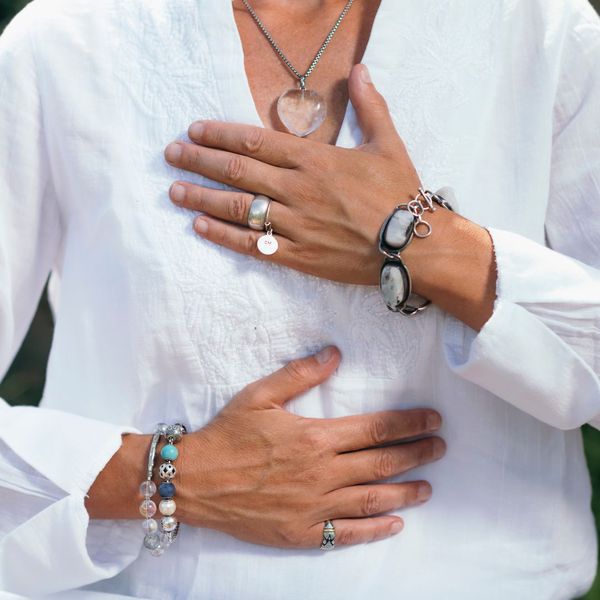As a mental health coach and consultant, I believe in empowering individuals with the skills and knowledge to become their own healers. The first step towards being your own healer is establishing a healthy relationship with yourself.
Self-love isn’t just about feeling good—it’s about rewiring deeply ingrained beliefs, breaking free from generational patterns, and transforming the way you relate to yourself. For many, self-love feels unnatural because it was never modeled in childhood. If you grew up in an environment where love was conditional, self-criticism was the norm, or emotional needs were dismissed, embracing yourself with kindness can feel foreign—maybe even impossible. But the truth is, healing is possible. You are not doomed to repeat the past.




